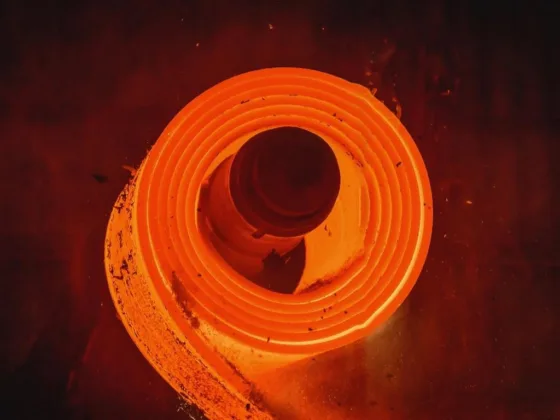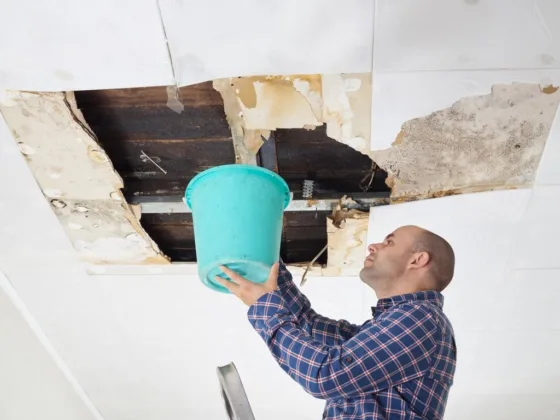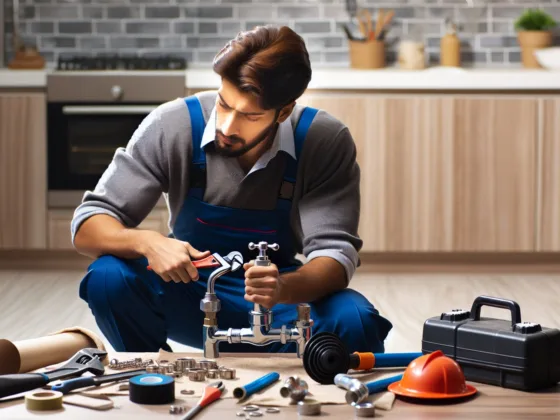Solar power installations can pay for themselves in less than a decade. Taking advantage of tax credits for renewable energy systems can speed that up.
You can drive that cost down even further with DIY solar panels. These save on the costs of installation and hasten the payoff.

Do you think you’re ready for the task, though? Solar panel installation works great for a certain type of homeowner, but not every homeowner measures up to the challenge. We’ll tell you about the advantages and disadvantages of doing your own work.
DIY Solar Panels Save Money
The number one draw of installing your own solar panels comes from cutting costs. The average solar company will charge at least $1 per watt, depending on geographic factors. This doesn’t include the price of the panels themselves.
Installing your solar panels yourself cuts at least a third of the cost. Typical costs extend into thousands of dollars, so this makes self-installation appealing.
Read Also:
How Does It Work?
The installation process requires adding mounts or racking, installing a solar inverter, adding a battery, and working with your main electrical board. You will also have to ask your utility company for permission to turn the system on.
For more information on each step of the process from a solar panel installation company, check here:https://blueravensolar.com/state-ohio/solar-panel-installers-cincinnati/
What Do You Want?
Some solar panel DIY kits purport to offer an easier time of installation than conventional solar installations. While you might consider this a great chance to short-circuit the downsides, these may not suit your use case.
Easy-install solar panels usually support the needs of a barn or recreational vehicle. Think of them more like a replacement for a generator than a supplement to your home’s needs.
That said, if you do have a barn or a workshop outside of your home that isn’t wired for power, a DIY solar kit could solve your problems.
Are DIY Panels Legal?
Depending on your zoning laws, you might not have a choice but to pay solar installers. Some areas forbid amateurs from performing electrical work without the supervision of an electrician or other professional.
Even in areas where DIY panels are legal in the conventional sense, you may lose out on certain protections and benefits. Some tax credits related to solar panels require a certified installer.
Are DIY Panels Safe?
The potential risks of failure during a DIY solar panel installation are high. You have to work with your home’s electrical grid during multiple steps of the process. A crossed wire could lead to an electrical fire, and even if you’re comfortable with electricity, doing work on your roof could lead to a fall.
Tread Carefully With DIY Panels
While DIY solar panels can save you money, the savings may not go as far as you’d hoped. Depending on your municipality, doing it yourself may even be illegal. Do your research and reach out to reputable installers in your area.
Worried about the risks of DIY solar panels, but still facing the itch to make some changes at home? Check out our home improvement articles.









